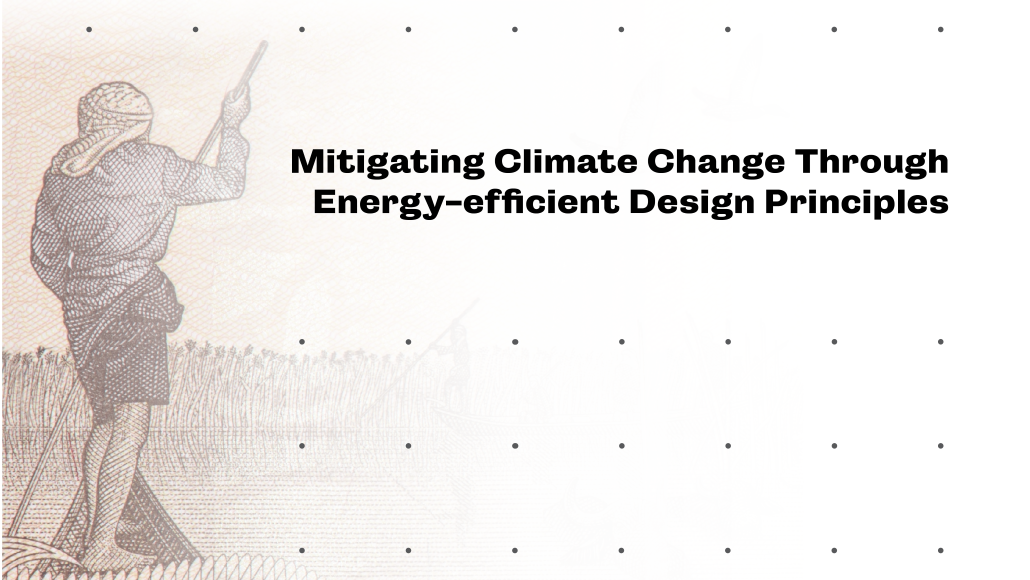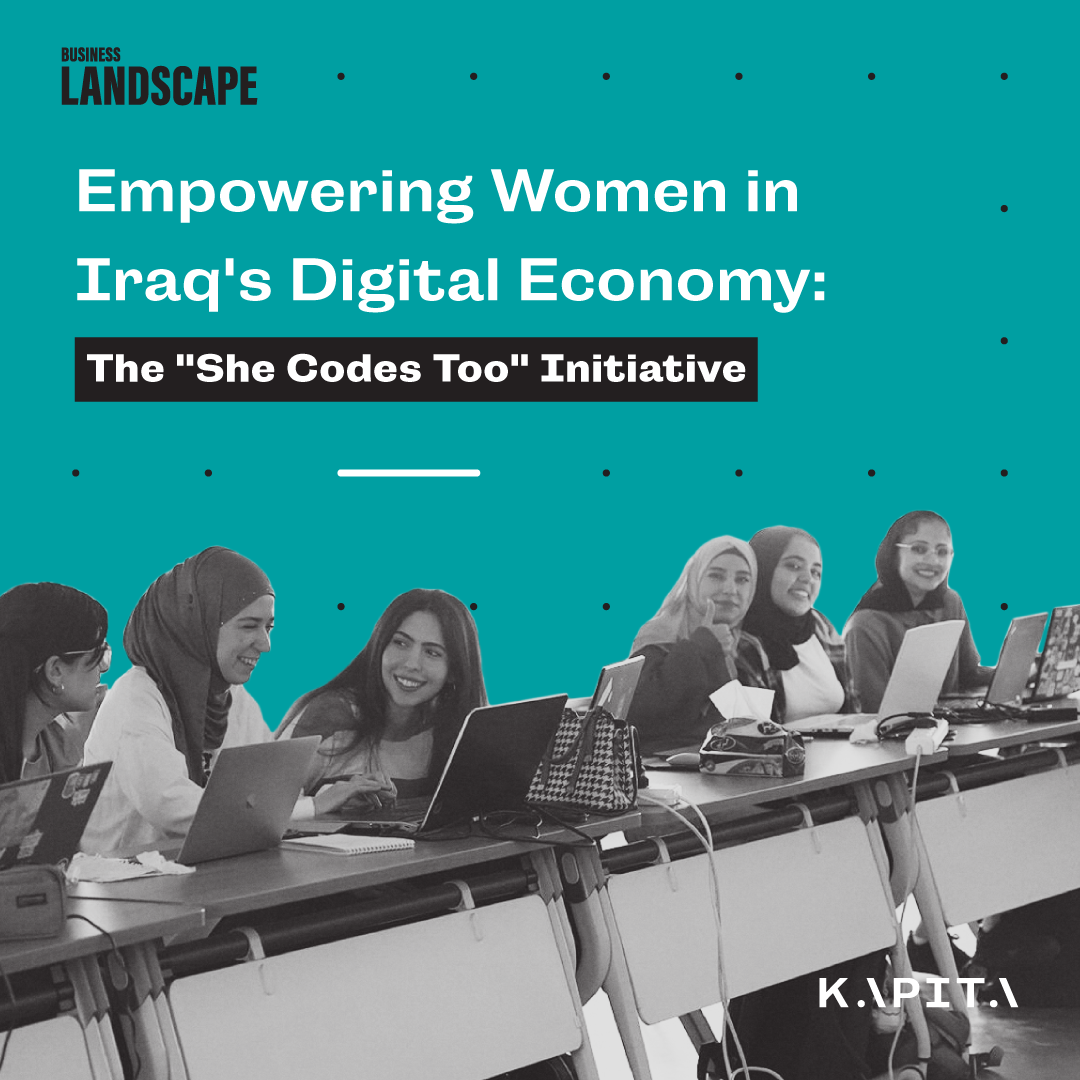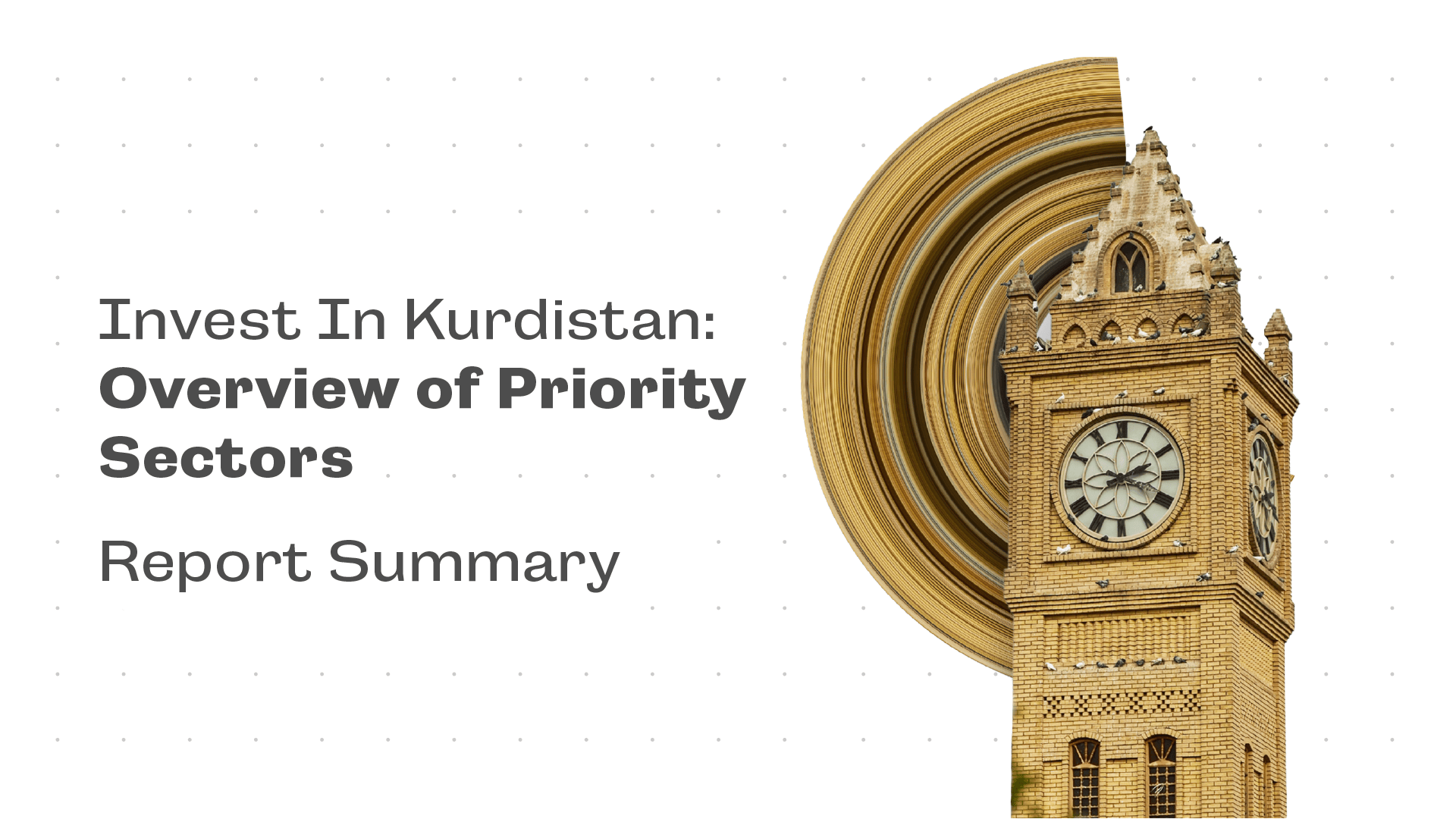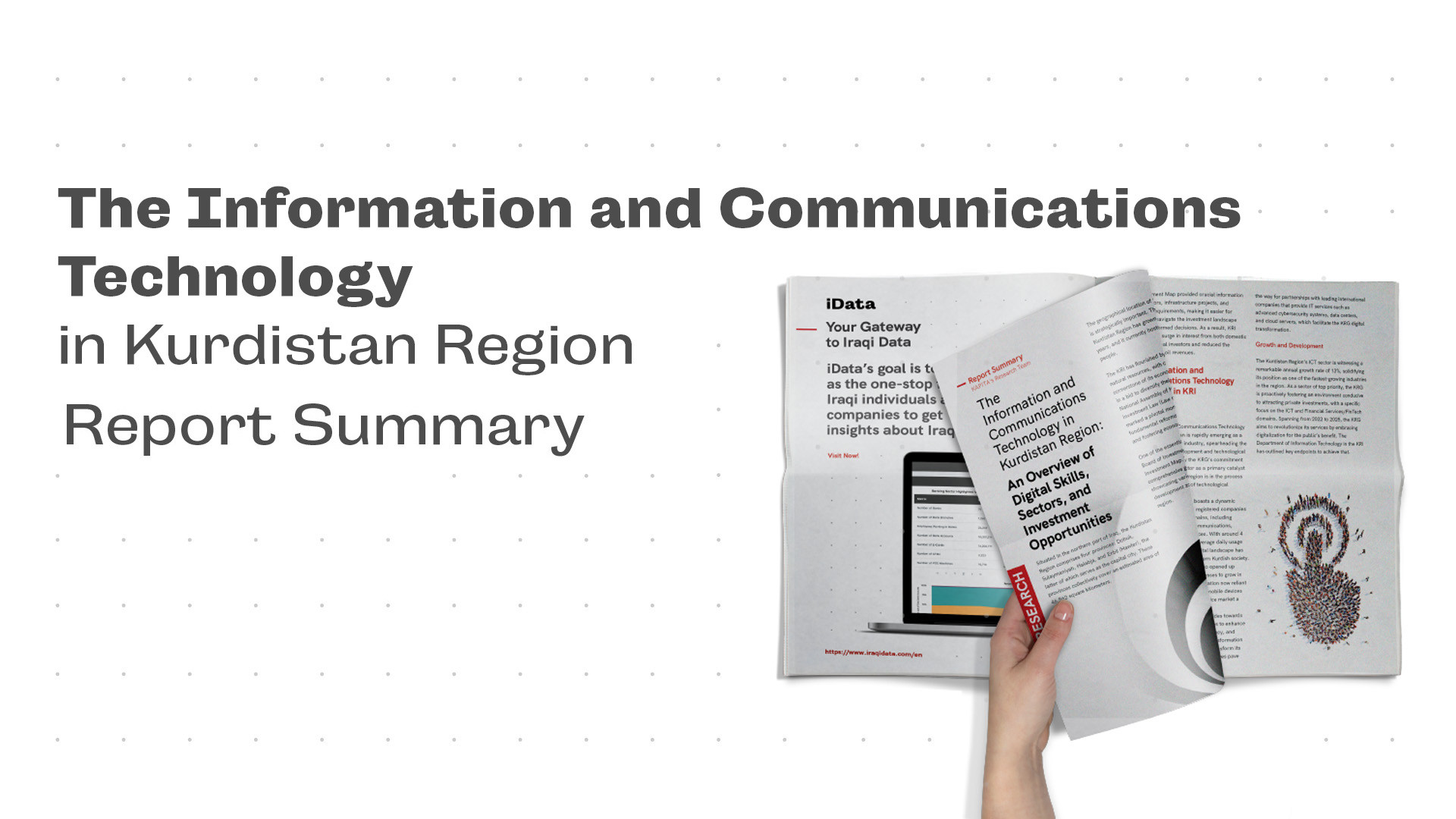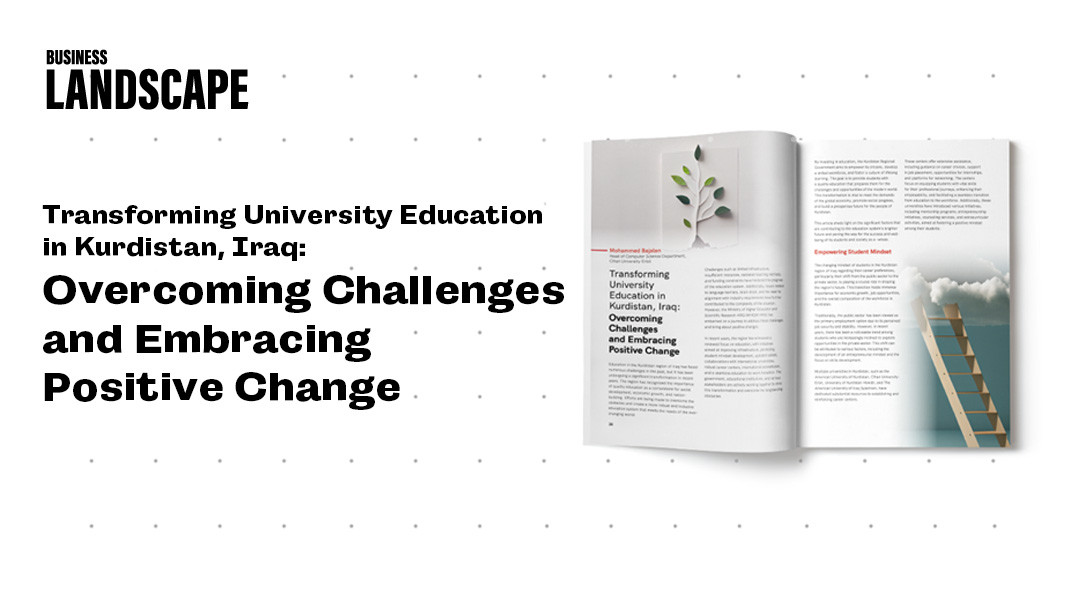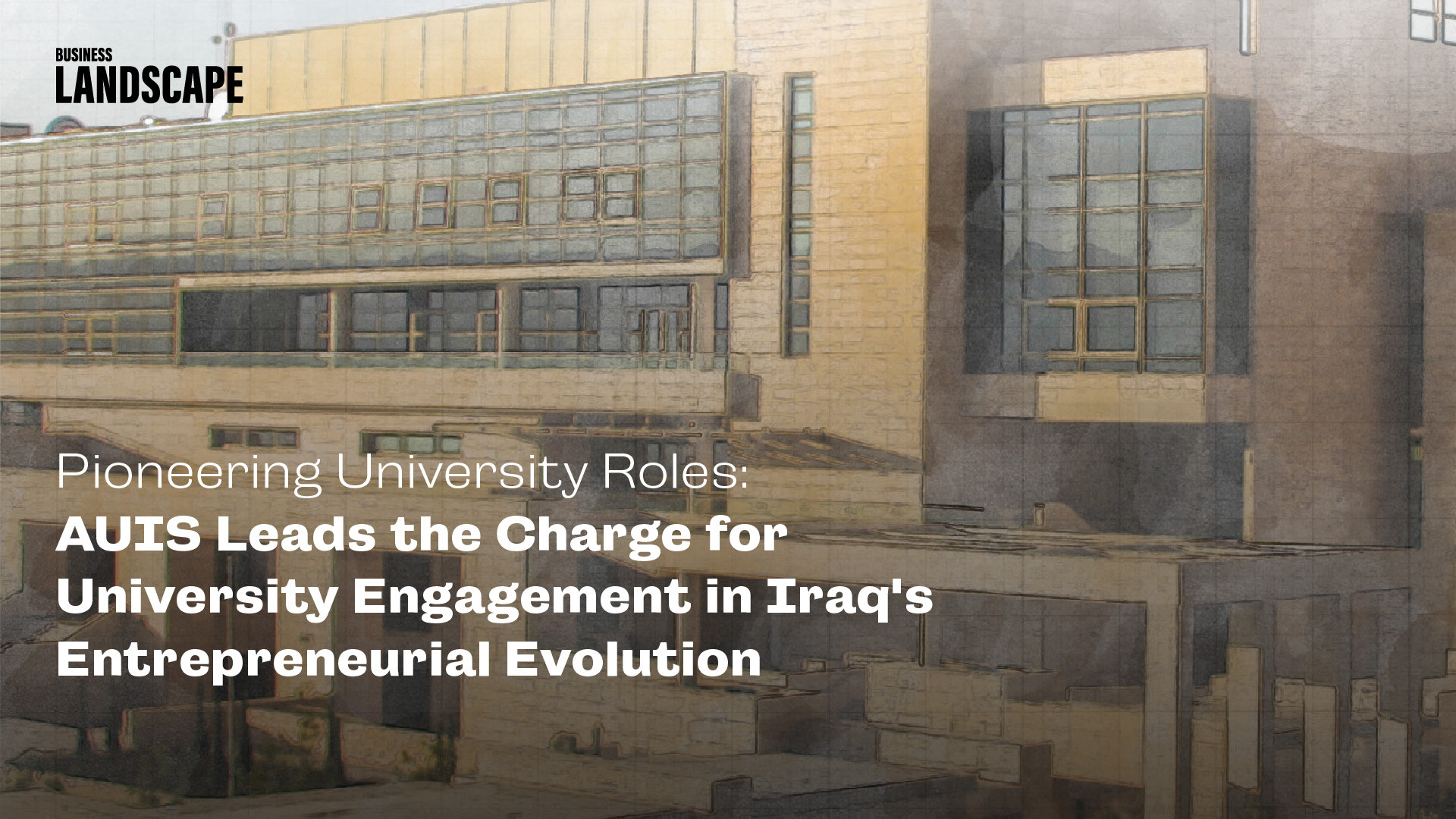Mitigating Climate Change Through Energy-efficient Design Principles
Ahmed Hamdani
Co-founder of LandMark
Environmental and Sustainability Consultant
As the world warms up, space cooling is becoming increasingly acknowledged as a development priority and an equity challenge. The surging demand for cooling is exacerbating global warming through emissions of hydrofluorocarbons (HFCs) used in cooling equipment, as well as CO2 and black carbon emissions from mainly fossil fuel-based energy used to power cooling.
By 2050, global energy use for space cooling is expected to increase by a whopping 300 percent. The anticipated increase in energy demand for cooling could significantly strain the already overburdened energy systems of Iraq and other developing countries with hot climates. In the same year, indirect emissions of greenhouse gasses (GHG) from electricity use for space cooling are expected to double.
There is compelling evidence that rising temperatures and a lack of access to cooling, particularly in developing countries (such as Iraq), will have an impact on nations' health sector, education and schooling, productivity, and economic growth. There is an urgent need for strong action to reduce greenhouse gas emissions in light of Iraq’s record-high temperatures, growing climate impacts, and the vast body of scientific evidence that shows what an economic and social catastrophe climate change could bring. In order to avoid these emissions and increase cooling access, more people would need access to effective cooling techniques that use refrigerants that are more energy efficient and have a lower global warming potential (GWP) value. This would greatly further the progress toward the Sustainable Development Goals (SDGs).
Iraq's Emissions and Their Harmful Impact on the Environment
The scientific community has assigned greenhouse gasses as the main cause of global warming and altering atmospheric gasses. Iraq has been known as an oil-rich country and has been utilizing fossil fuels in power generation and associated activities which has a major impact on the atmospheric pollution that affects both public health and the environment. Through Iraq’s modern development, a severe need for energy has grown to meet the population growth and both urban and industrial development. Several sectors in Iraq are harming the environment through activities such as operating fossil fuel power plants, flaring gas in oil fields, running industrial facilities, and power consumption by buildings in general. Based on the World Bank estimates, Iraq’s annual carbon dioxide discharge has doubled in the early 2000’s decade. Local scientific studies found that gasoline and diesel generators designated inside residential neighborhoods solely account for over 50% of carbonaceous aerosols (the carbon particles in the air). This highlights the harmful impact of fossil fuel-based power generation and the urgent need to pursue a cleaner and more efficient energy source.
The Pressing Need for Energy Efficiency in the Built Environment
Rapid urbanization proceeds without regard for energy consumption and its damaging effects, which raises serious concerns. Globally, the built environment and the building sector account for nearly 40% of greenhouse gas emissions. The vast majority of these emissions occur during the operational phase of the building as a result of energy consumption, which is primarily generated by fossil fuels. In addition, buildings have a long life cycle, which extends the time of emissions caused by energy consumption for heating, cooling, ventilation, lighting appliances, and other applications.
The energy consumption rate differs based on correlated factors, such as location, climate conditions, the function of the space, construction material, and one other pivotal factor, building design. All of this affects the delivery of thermal comfort to the occupants of the space, which is the primary driver of the energy load. Cooling load is an integral part of energy consumption in a building, specifically in hot climates such as Iraq. Studies estimated that more than 60% of the generated power in Iraq is consumed by residential buildings. Around 42% of the energy consumption in houses is associated with cooling loads, and a quarter of it goes to heating. This highlights the importance of utilizing efficient cooling systems and incorporating passive design strategies to reduce energy consumption which consequently will cut the negative impact on the environment.
The housing sector in Iraq is booming due to the high demand and population growth, especially in Baghdad and the other major cities. Subdividing and supplanting the open areas are the mainstream of solving the dilemma of the shortage of residential units, which is executed irregularly. In most cases, these constructions are not meeting the standards of engineering and architectural designs and recommendations, resulting in chaotic and cluttered buildings. Evidently, there is no use of insulation material with regard to orientation, proper construction material, and or any environmental and energy-efficient aspects. Electricity is the prime source of energy for almost every Iraqi household; with the scorching dry summer seasons and the short cold winters, achieving thermal comfort for Iraqis is mainly dependent on mechanical cooling and heating systems. This comes with a cost, as a larger population relying on powered cooling systems leads to higher energy consumption and emissions. A report by the Central Statistical Organization (CSO) on energy indicators in Iraq in 2019 has shown that the average monthly consumption for the medium-income household in summer ranges from 1500-2000 kWh/month.
The Challenges Hindering the Transition Toward Efficient Energy Consumption
Iraq is facing several barriers to shifting toward efficient energy generation and usage. The Ministry of Electricity is the responsible entity for promoting energy efficiency and conservation in usage, as well as the Ministry of Construction and Housing, which has a domain that includes guidelines and techniques for energy saving and proper use for households. Disputes among political sides have affected the adoption of new laws and regulations related to energy and sustainable development. The energy sector in Iraq has been plagued by poor management and governance, which are exacerbated by corruption and complicated bureaucracy at numerous agencies. For instance, a recent research by the American University of Iraq, Sulaimani (AUIS) revealed that the country is losing up to 55$ billion a year of potential revenue due to mismanagement, such as shortages of fuel and power supplies and neglect of the gas flare source of energy. Barriers in this matter could be summed up in the following:
Public awareness of residential energy efficiency is low or nonexistent. This lack is evident on many levels, from consumer behavior to the capability of the residential units to adopt energy-efficient measures that do have benefits for society and environmental conditions.
Unfortunately, Iraq neither has any mandates for public energy consumers to adopt nor any set of laws and regulation that aligns with energy efficiency.
The lack of detailed technical specifications of the energy consumption rate for electric appliances and mechanical systems. This is a result of the absence of laws and regulations mandating energy efficiency certifications and labeling of electrical products based on energy consumption.
The absence of a comprehensive building code for architectural design, sustainability performance, construction, and safety measures for the existing and the new buildings. Although the Ministry of Planning proposed an Iraqi building design code, it is yet to see the light.
Inadequate public funds and lack of financial incentive programs that promote energy efficiency.
The difficulty to achieve market transformation to green building and sustainable practices in the built environment. The high cost of implementing green sustainable building compared to the traditional method is a challenge since it exceeds the budgets of low to middle-income households. Further work will be required to convince these households to make a long-term investment in sustainability.
Reducing Emissions Through Adopting Efficient Design Principles
Iraq is facing a severe hit by increasing temperatures in the summer caused by climate change. This signifies the importance of cooling systems in built and sought-to-be-built spaces. The growing demand for cooling is rising to meet the comfort level of building occupants. One of the most cost-effective ways to address the growing demand for cooling is through energy-efficient building design and passive cooling measures. A key way to naturally cut down on the cooling needs of the construction industry is to implement climate-responsive and thermally efficient building design in both new and existing structures. This can be achieved by effectively implementing policies and designing and building energy codes.
The passive cooling building design strategy maximizes the use of natural sources of heating, cooling, and ventilation to provide thermal comfort to space occupants. The Baghdadi old houses took a similar approach to internal space formation, whereas the contemporary houses being built ignore environmental and natural aspects during the design phase. Enforcing the adoption of a passive strategy in building codes and construction licenses should be accomplished by restricting the use of specific building materials that are not conducive to improving the building envelope, orientation, transparent surface placements, shading, and insulation. If achieved, this can prevent heat penetration and reduce the energy needed for cooling by 10% to 40%.
Conclusion
Iraq has a long way to go in terms of implementing energy-efficient applications and practices in the built environment. All stakeholders involved in this process, including ministries, municipalities, the private sector, engineers, and the public, will need to work together. Setting up robust environmental mitigation plans and frameworks is a difficult task, given the challenges Iraq faces. A gradual approach that shifts toward efficiency in terms of energy consumption, design, and construction could be the answer.
Reforms in policies and laws that address this issue should be accompanied by comprehensive plans to assist households in adapting to this transition. The implementation of such reforms and assisting people in adjusting to the new norm might very well depend on public awareness. Strict laws and regulations should be accompanied by financial incentives for those who adjust and adopt the roles, as well as tariffs on unwanted materials, appliances, and/or mechanical systems. Building rapport and effective communication with the targeted groups is critical for assisting affected people through compensation mechanisms and never leaving them behind.
Enhanced thermal comfort in buildings, reduced cooling load, and resulting energy system and climate benefits are among the potential benefits sought by adopting an efficient design approach. In order to fully realize this potential, policy framework must be strengthened, institutions must have reinforced capabilities, and consumer awareness must be raised. Leveraging the untapped potential of energy-efficient buildings and mainstreaming energy savings for buildings can be a significant long-term and cost-effective contributor to optimizing building thermal performance and drastically reducing space cooling energy demand.
